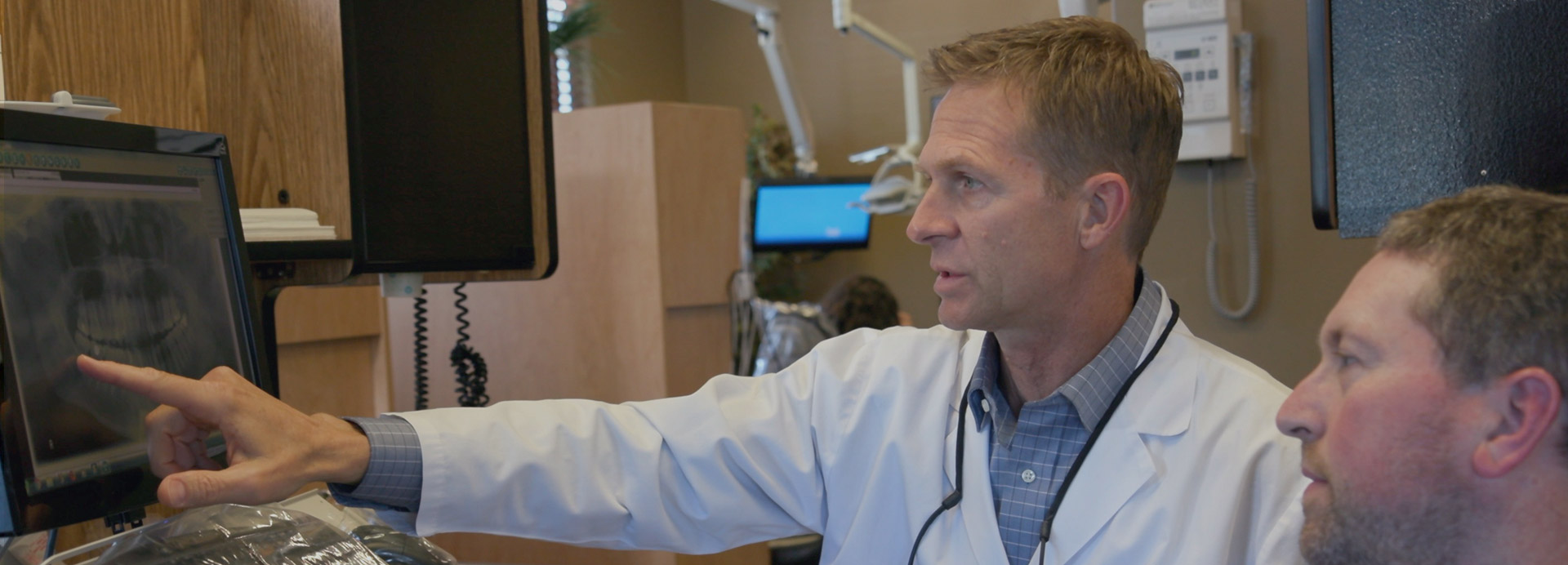A big part of our practice’s focus is on preventing disease and treating potential issues conservatively through early detection. Your oral health is important and preserving vital oral tissue like teeth and gums can prevent the need for more extensive and complex care in the future. Moreover, the concept of oral-systemic health or the “mouth-body” health connection is the theory that oral conditions can have a negative effect on a person’s overall health and in some instances, contribute to general health ailments. Following is information on oral systemic health and some of the preventive services we offer.
The Mouth-Body Health Connection
There is a wealth of research devoted to the effect the state of one’s oral health has on general wellbeing. For instance, there are quite a few health conditions that can be exacerbated by gum disease; and similarly, there are health conditions that can affect gum health. Diabetes, for example, commonly coincides with periodontal disease. Those with gum disease and diabetes must take very vigilant care of their oral health because diabetes affects the immune system and gum disease, especially in advanced cases, involves a very powerful and destructive infection. By preventing oral disease, we can eliminate many of the unwanted side effects of the advanced stages of conditions, preserve precious oral tissue, and increase overall wellbeing.
Fluoride Treatments
A fluoride treatment is an excellent way to prevent dental caries by strengthening teeth with a naturally occurring mineral. Fluoride is a mineral that helps strengthen the protective coating around teeth by replenishing the mineral content of tooth enamel. Evers & Gardner Dental uses Advantage Arrest Silver Diamine Fluoride for preventing cavities, strengthening teeth, and managing existing caries. Silver diamine fluoride kills microbial pathogens on the surfaces of teeth to reduce the incidence of decay developing on adjacent dental surfaces. Fluoride treatments are comfortable and non-invasive.
Dental Sealants
Dental sealants are another popular preventive service used to protect the biting surfaces of teeth from cavity-causing bacteria and acid. A sealant is a thin, translucent plastic coating that can be bonded to the biting surfaces of teeth. Dental sealants are typically placed on the back teeth (molars) to fill in the fissures and pits on their biting surfaces. Receiving a sealant is not uncomfortable or invasive.
Our team is here to help you preserve and maintain optimal oral health. If it’s time for a checkup or cleaning, call Evers & Gardner Dental to reserve an appointment.


